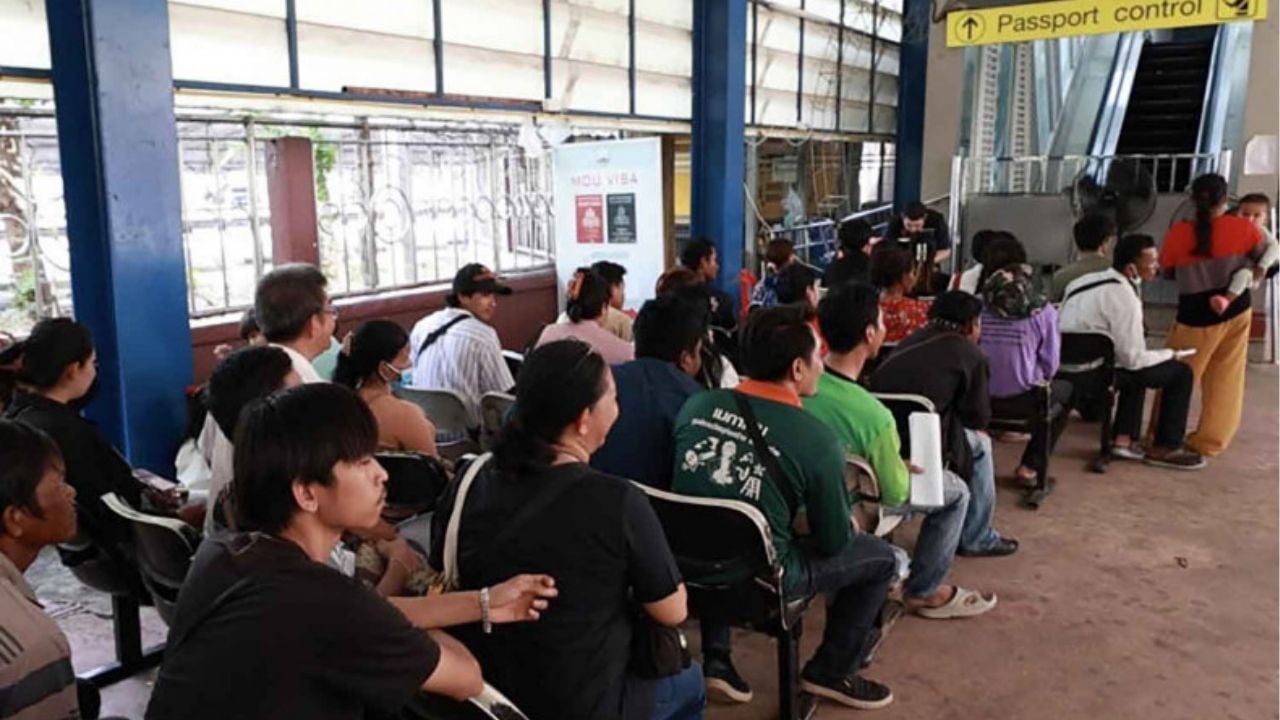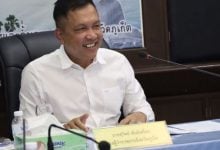Thailand recruits 10,000 Sri Lankan workers to tackle labour shortages
Government eyes new labour sources to sustain economic growth

Labour Minister Pongkawin Jungrungruangkit has confirmed the government’s strategy to recruit foreign labour, including an initial group of 10,000 workers from Sri Lanka, approved by the Cabinet.
This initiative aims to mitigate potential labour shortages and provide immediate assistance to businesses. The Labour Ministry plans to present an expanded proposal for Cabinet approval this week and is considering mobilising local Thai workers, such as conscripts, inmates with good conduct approaching release, and juveniles in correctional facilities, to fill immediate gaps. Additionally, illegal workers already in Thailand will be registered to formalise their employment status.
The Thai Chamber of Commerce supports the government’s plan, highlighting that shortages are affecting agriculture, manufacturing, services, and overall employment.
Last week, the Cabinet approved measures to address the issue, allowing employers to obtain new work permits for Cambodian, Laotian, and Myanmar workers whose permits expired on February 13 and were not renewed, as well as for undocumented migrants who entered Thailand before the resolution.
A pilot scheme to recruit 10,000 Sri Lankan workers under a two-year contract, extendable by another two years, was also approved to compensate for the return of Cambodian workers to their home country. However, Professor Pongtep Suntikul from Thammasat University cautioned that Sri Lankan workers may not align with Thailand’s labour demand profile.
Unlike Cambodians, who generally occupy semi-skilled and low-skilled positions in construction, agriculture, fisheries, and services, Sri Lankans are more skilled in hospitality, hotels, and personal care sectors, where Thai workers are still prevalent.
Professor Suntikul warned that importing Sri Lankan workers may not completely replace Cambodian labour and could lead to competition with Thai workers in certain roles due to their higher costs and different skill sets.
In the short term, he recommends retaining Cambodians currently in Thailand, allowing the return of those wishing to re-enter, and tightening registration for undocumented migrants with the Interior Ministry.
He noted the challenges of relying heavily on Cambodian, Lao, and Myanmar labour and the difficulty of recruiting from other countries.
In the long term, Professor Suntikul advocates for investment in technology to reduce dependency on foreign workers. He emphasised that Thailand must uphold human rights as per International Labour Organisation conventions, including the 2014 Forced Labour Protocol, reported Bangkok Post.
“Thailand’s strength lies in its comprehensive laws and regulations on migrant labour management. The real challenge is ensuring these mechanisms are implemented rigorously.”
Latest Thailand News
Follow The Thaiger on Google News:


























